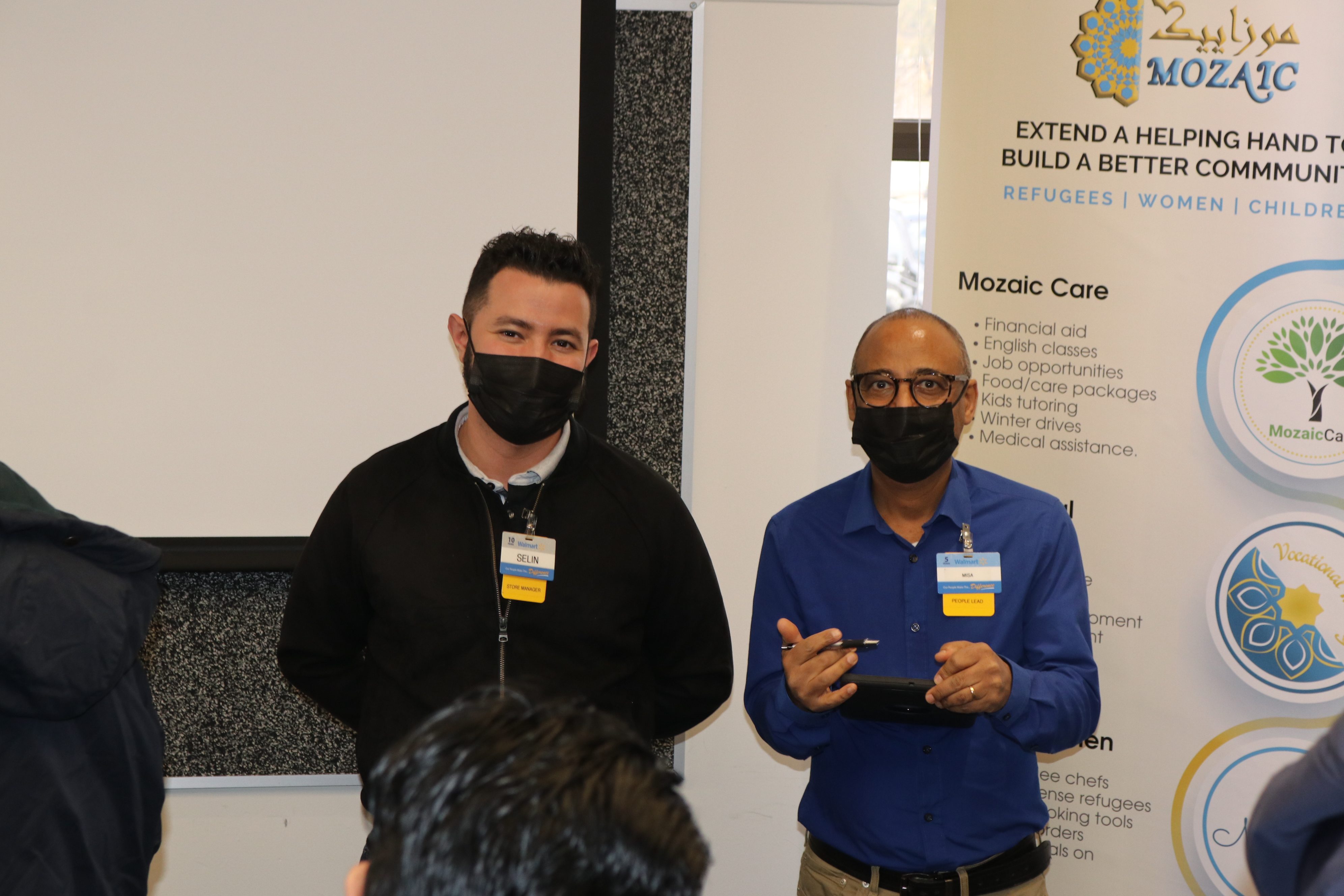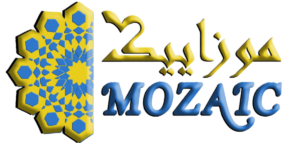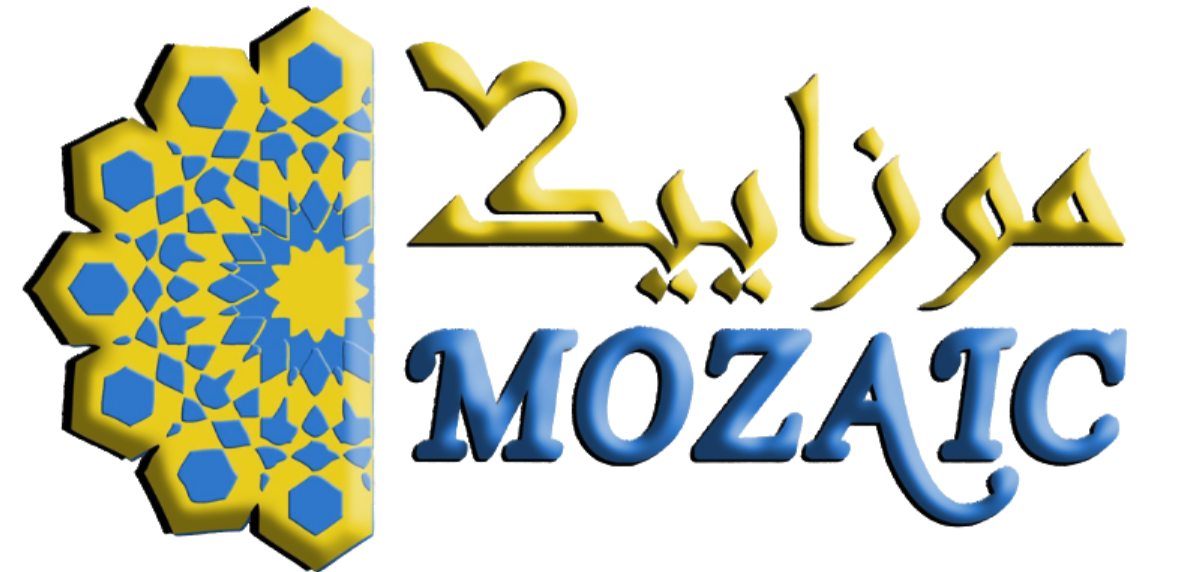Refugees in the USA
The United States has a long history of providing a safe haven for refugees fleeing persecution and violence in their home countries. In fact, the United States has resettled more refugees than any other country in the world. According to data from the United Nations High Commissioner for Refugees (UNHCR), the United States resettled over 3.4 million refugees between 1975 and 2018. However, the process of resettlement and integration can be difficult for many refugees, particularly in terms of finding employment and access to education. In this regard, organizations like MOZAIC plays a vital role in helping refugees to integrate into the new society.

One of the biggest challenges for refugees in the United States is finding employment. According to a report from the Migration Policy Institute (MPI), only 50% of refugee men are employed within their first five years in the United States, compared to 70% of the general population. This is due to a number of factors, including language barriers, lack of education and job training, and discrimination. Additionally, refugees often face discrimination and bias in the job market, which can make it even more difficult for them to find employment. MOZAIC, through its vocational training program, is dedicated to providing hands-on workshops and training to help attendees find jobs and learn more about the job market.

Another major challenge for refugees is access to education. According to a report from the National Center for Children in Poverty (NCCP), only 50% of refugee children in the United States are enrolled in school, compared to the national average of 89%. This is due to a number of factors, including language barriers, lack of transportation, and financial constraints. Additionally, many refugee children struggle to keep up with their peers in school due to gaps in their education caused by displacement and trauma. MOZAIC, through its Mozaic Center program, aims to expand programs and initiatives for the DMV community, which includes education and language support for refugee children.
Despite these challenges, many refugees have been able to overcome these obstacles and have found success in the United States. According to a report from the Migration Policy Institute (MPI), many refugees have been able to start their own businesses, which not only provides them with employment but also contributes to the economy. In fact, a report from the Fiscal Policy Institute (FPI) estimates that refugee-owned businesses in the United States generate $4.6 billion in annual revenue and employ around 100,000 people. Additionally, many refugees have been able to attain higher education and have found success in a variety of fields, including science, technology, engineering, and mathematics (STEM). According to a report from the National Science Board (NSB), refugees make up a significant proportion of the STEM workforce in the United States, with around 20% of all refugees having a degree in a STEM field.
While the resettlement process can be difficult for many refugees, organizations like MOZAIC are dedicated to providing support and resources to help refugees integrate into the United States. Through programs such as vocational training, education and language support, and mental health support, MOZAIC is empowering refugees to establish a strong base in their new communities and to become self-sufficient and contribute to their new society. By providing refugees with the tools and resources they need to succeed, organizations like MOZAIC are not only helping refugees, but also strengthening the United States as a whole.
References:
- United Nations High Commissioner for Refugees (UNHCR), Global Trends Forced Displacement in 2018 (2019).
- Migration Policy Institute (MPI), Employment and Earnings of Refugees in the United States (2018).
- National Center for Children in Poverty (NCCP), Refugee Children in the United States: An Overview (2015).
- Fiscal Policy Institute (FPI), The Economic Impact of Refugee-Owned Businesses in the United States (2018).

